Savvy Spotlight: Pipe Organist Satoko Kawagoe
One Japanese Woman's Drive to Carve a Career for Herself
Though entrepreneurship and the gig economy are seeing an uptick in Japan, full-time roles in large and established Japanese companies remain the employment of choice for most job-seekers in Tokyo. Satoko Kawagoe, however, was willing to forgo that security to pursue a career playing the instrument she has loved from age 16. And she hasn’t stopped ever since.
As more and more pipe organists continue working long after retirement age in Japan, there is an enormous competition for a limited number of posts, the majority of which are part-time. Still, Kawagoe is determined to make a living from her passion. Following her graduation from one of Tokyo’s top music universities, she moved to France to deepen her understanding of historic pipe organs and hone her playing style. She then secured a post in her hometown and returned to Japan.
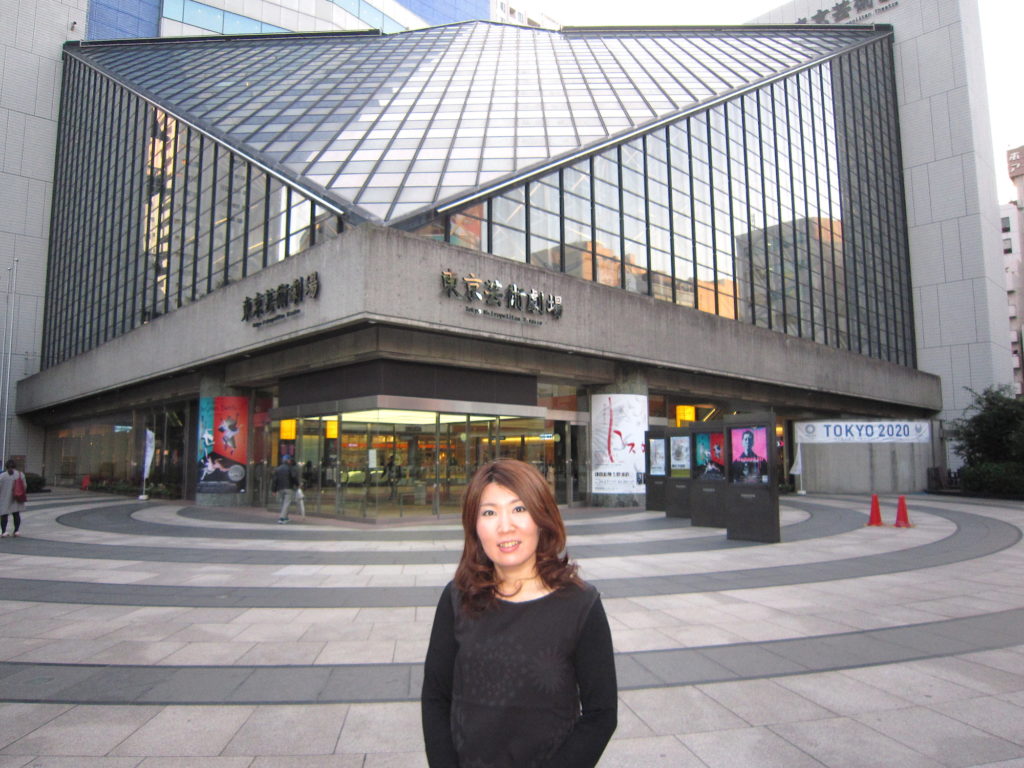
Satoko Kawagoe poses in front of the Tokyo Metropolitan Theater in Ikebukuro where she plays as a sub-organist.
Now, one of only three sub-organists at the Tokyo Metropolitan Theater in Ikebukuro, Kawagoe plays its stunning three-styles-in-one organ, which is one of the biggest in the world. As the post is part-time, she is also an assistant professor in organ at three universities in Tokyo, thereby achieving her dream of making organ a part of her day, every day.
Savvy Tokyo asked the professional pipe organist about her unconventional job and why she loves it.
What does your role involve?
I perform at the theater twice a month on average and spend a number of hours practicing for those performances. I also test the organ each week and report any issues I find, such as sticky, out-of-tune or generally problematic keys and pipes to the theater’s pipe organ tuner. It’s a very important mission for keeping the three instruments in very good condition.
Once or twice a year, I also perform in France and Spain on historic organs that are 100-300 years old, which have a fantastic sound. As there are no historic organs in Japan, it is a great opportunity for me to study as well as play.
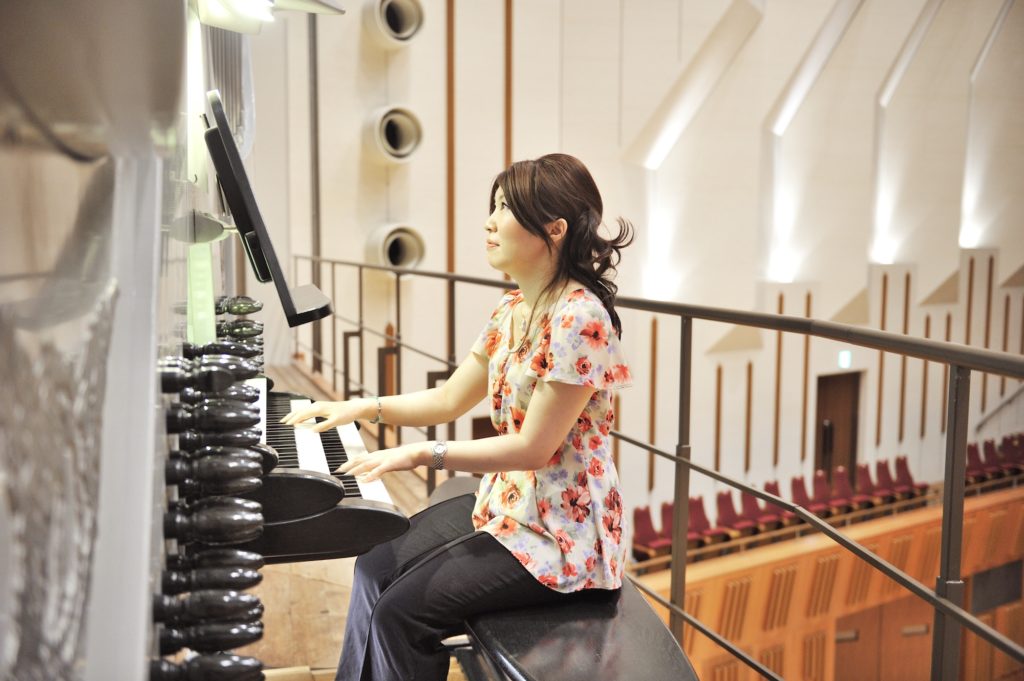 © Photo by ©Takashi Tanifuji
© Photo by ©Takashi Tanifuji
What are the pros and cons of your role?
It’s not a stable career; it’s not like being a salaryman, but I have lots of chances to play and perform on the pipe organ, which makes me very happy. Musicians with small instruments such as violins can play anytime and anywhere but, without a post, pipe organists can’t play their instrument. I am fortunate to have a long-term contract but it is not full-time, so six years ago I also started to teach organ to students at three universities in Tokyo as well as pianists and amateur organists in my hometown in Tokorozawa, Saitama Prefecture.
What got you interested in the pipe organ?
My mother is a piano teacher so I began playing the piano when I was two or three. When I was 14, I listened to a CD of organ music composed by Bach, which I found in the house. I really wanted to play that kind of Baroque music so, at 16, I started playing the organ.
I studied organ at the Tokyo National University of Fine Arts & Music and then went to Toulouse in France for further study. In Toulouse, there are many historic pipe organs in the churches and lots of opportunities to play them, for example at lunchtime or in the evenings, unlike in Paris where vibrant tourism often results in churches staying open and thus organists unable to play.
After two and a half years there, I secured an organist post in my hometown and came back to Japan to pursue my career, later moving to my current post at the Tokyo Metropolitan Theatre.
What excites you about your work?
The pipe organ, which is a wind instrument, is the largest instrument in the world. It’s very different to the piano, which is a percussion instrument. The rotating organ that I play now at the theater has a pedal board as well as three keyboards in Baroque style on one side and five keyboards in modern style on the other side.
The sound that I produce depends on the number of stops [controls for timbre, pitch and volume] on the organ, the hardness or softness of my touch, and the acoustic of the space. As each organ is not only made to order but also handmade, even two of the same kind will sound different depending on the maker.
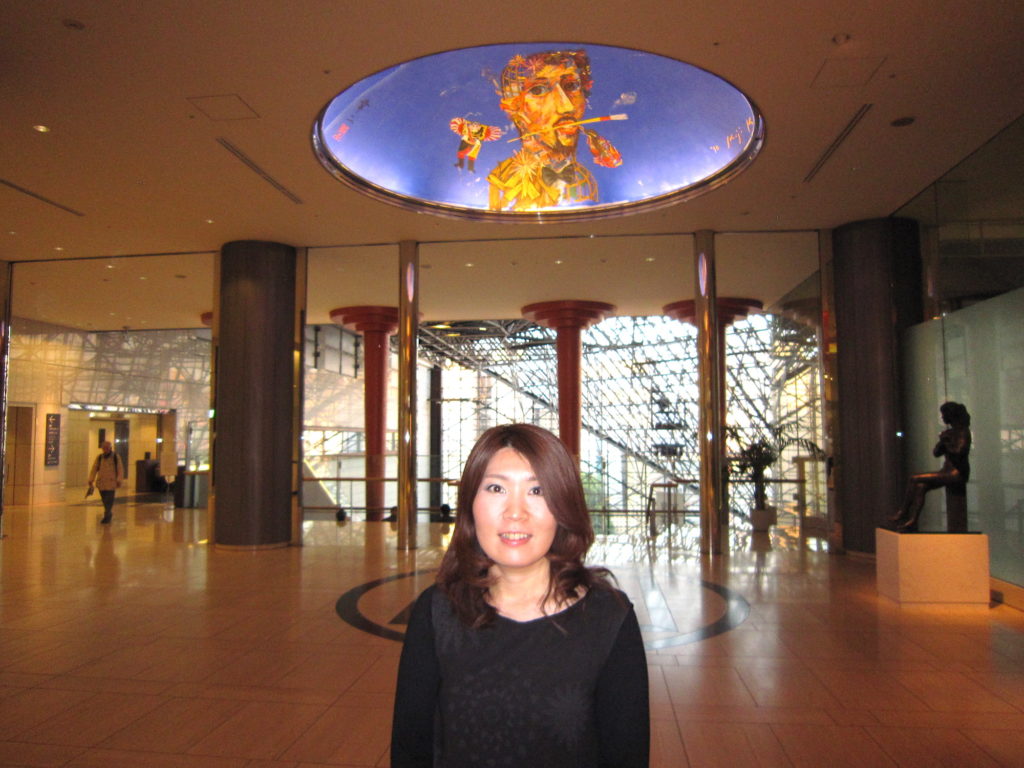
What is most challenging?
The hardest thing is playing with the most appropriate degree of touch to compliment the acoustics, which are really important for making the organ sound good.
Also, in the case of playing European church music, I have to understand the meaning behind the notes to make the music come alive. Even if I were to practice and practice, I would not create the best music if I didn’t understand its spiritual context.
What’s next?
I will perform three pieces by Johannes Brahms as a prelude to a Brahms German Requiem concert at the theater on October 31st. The first was written by a young Brahms as he studied Baroque music while the other two, which were dedicated to the great German pianist Clara Schumann, were written at the end of his life and published posthumously. I’m happy that I can introduce Brahms’ great organ music, particularly to those who are not familiar with his work or the sound of the pipe organ.
Normally my work can be lonely so I am also looking forward to collaborating with a large orchestra and chorus of young people from the Tokyo College of Music at this event.
What are your future goals?
Next year, in August, I will be performing contemporary music by a French composer at Notre-Dame Cathedral in Paris. Longer-term, it’s my dream to record a CD of my performance but I have not yet decided which organ or which country would be best in which to do this project.
What do you do in your free time?
It’s important for me to do a physical activity because I sit at the organ for long periods of time. My organ teacher’s friend holds Argentinian Tango lessons so I attend each week. I’m also a fan of beer so I enjoy going to the many specialty beer bars near the theater with my friends.
Savvy Spotlight is a monthly feature introducing foreign and Japanese women at the frontline of what’s successful, contributing, cool, unique and interesting in the city. If you have anyone in mind you would like us to interview, leave us a comment below with your recommendations!




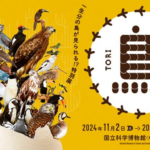







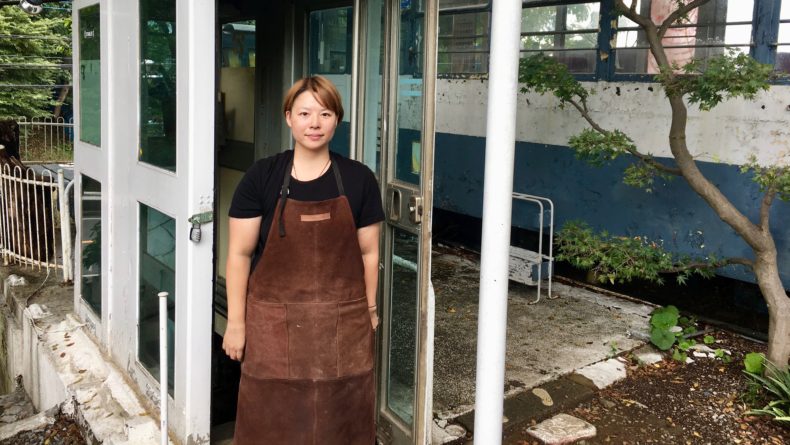
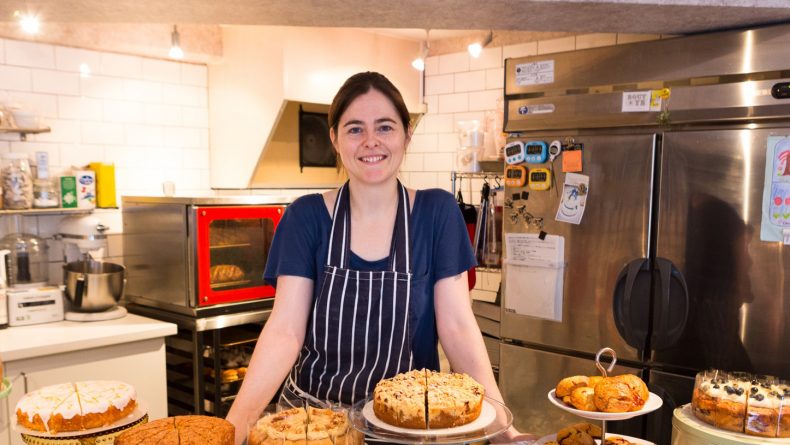
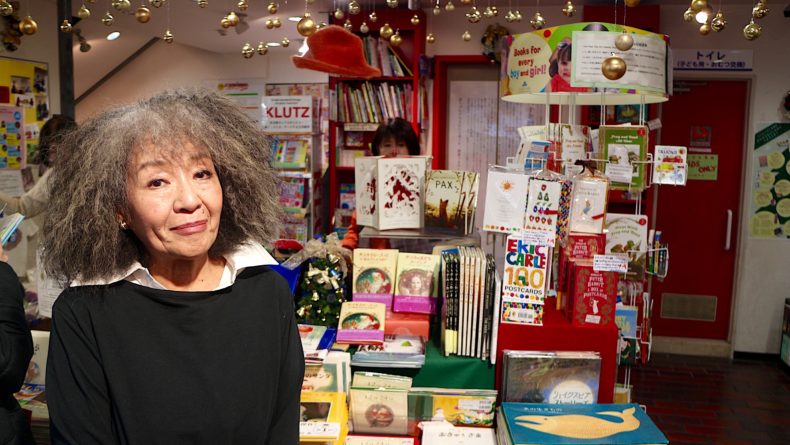
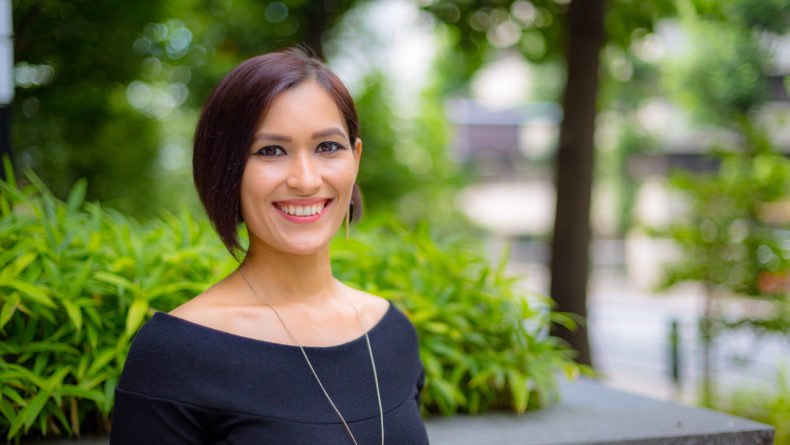
Leave a Reply